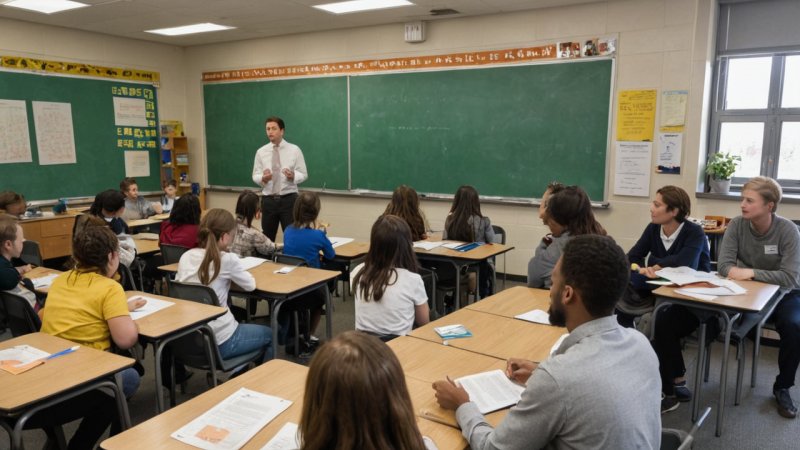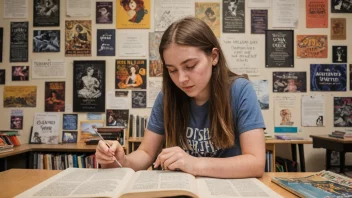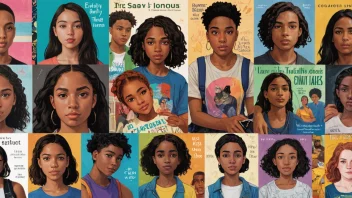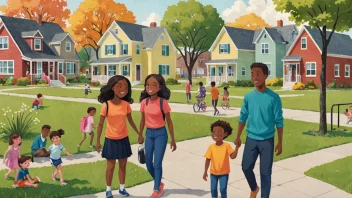Classic literature serves as a cornerstone of modern education, providing students with a rich tapestry of themes, characters, and moral dilemmas that resonate across generations. From the ancient texts of Homer to the timeless works of Shakespeare, these narratives explore the human condition in ways that remain relevant today. Understanding classic literature can enhance critical thinking, cultural literacy, and empathy among students—skills that are essential in an increasingly interconnected world.
One of the primary reasons classic literature is incorporated into curricula is its ability to foster critical thinking. Works such as 'Pride and Prejudice' by Jane Austen or 'Moby-Dick' by Herman Melville invite readers to analyze character motivations, societal norms, and moral questions. By engaging with the complexities of these texts, students learn to navigate ambiguous situations and develop their analytical skills. This intellectual engagement prepares them for real-world challenges, where simple answers are often elusive.
Moreover, classic literature enriches students' cultural literacy. Many classics are foundational texts that have influenced not only literature but also art, philosophy, and politics. For instance, understanding the themes of 'The Great Gatsby' by F. Scott Fitzgerald provides insights into the American Dream and its discontents, which are still discussed today. By studying these texts, students gain a deeper appreciation for the cultural artifacts that shape their lives and the world around them.
Empathy is another crucial skill that classic literature helps to develop. Through the lens of diverse characters and their struggles, readers are exposed to different perspectives and experiences. In 'To Kill a Mockingbird' by Harper Lee, for example, students confront issues of racial injustice, moral integrity, and compassion. Such narratives challenge students to reflect on their own beliefs and biases, ultimately fostering a greater understanding of humanity. In a time when polarization is rampant, cultivating empathy through literature is more important than ever.
Additionally, classic literature often addresses universal themes that remain relevant across time and culture. Love, loss, ambition, and the quest for identity are just a few of the topics that resonate with readers, regardless of the era. This timelessness allows educators to connect past and present, making literature a bridge between different generations. For students, this connection can be both enlightening and empowering, as they see their own experiences reflected in the struggles of characters from centuries ago.
However, the teaching of classic literature is not without its challenges. Some argue that these texts can feel outdated or irrelevant to modern students. To address this, educators have begun to incorporate diverse perspectives and contemporary adaptations of classics. By pairing traditional texts with modern interpretations, such as film adaptations or graphic novels, teachers can engage students in discussions about how these stories evolve and resonate today.
In conclusion, classic literature plays an indispensable role in modern education by fostering critical thinking, cultural literacy, and empathy. As educators strive to prepare students for a complex world, these timeless works provide essential insights into the human experience. By nurturing a love for classic literature, we not only honor our literary heritage but equip future generations with the tools they need to navigate their own narratives.
Why Classic Literature Matters in Education
Explore the significance of classic literature in modern education and its impact on critical thinking, cultural literacy, and empathy among students.






